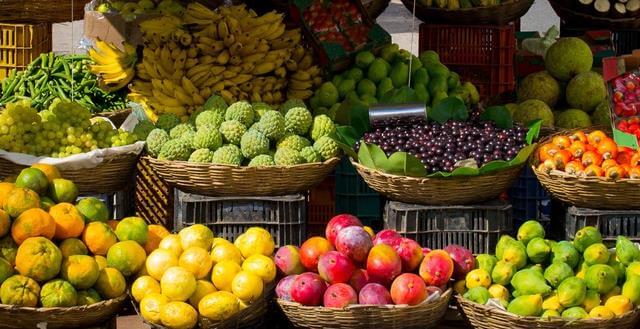Are you prepared for the Springtime shift in temp-controlled capacity? Though some areas like Texas experienced severe crop damage this year from February’s polar vortex, we’re starting to see increased movement in Florida, Arizona, and California. According to DAT, “truckload produce volumes are expected to make a big comeback this summer, as restaurants re-open and regulations relax around social gatherings.” Volumes have been on the rise since early February and will continue to rise as temperatures heat up.
What is Produce Season?
Produce season in the U.S. typically begins in March and continues until July. It can be defined as the time period in which the largest volume of fruits and vegetables are harvested and shipped to food manufacturers, grocery stores, and other vendors across the country. Growing and harvesting begins in the Southeastern states, Southern Texas and the Rio Grande Valley, and Southern California, and continues to move north as temperatures rise. Shipping rates in these southern regions typically experience the largest spike during produce season, as the demand of trucks—especially temperature controlled trucks—is high while supply of them is minimal. This not only affects produce and nut shippers; the entire supply chain feels the effects of tightened capacity, increased costs, and scheduling constraints.
Even if you aren’t in the produce industry, spring through early summer marks a period of tightened capacity, increased rates, and scheduling constraints—especially for companies shipping refrigerated products.

Case Studies
Reliable Coverage & Stable Pricing for a Texas Food Shipper. Learn how Capstone helped a frozen food manufacturer lock in reliable coverage and stable pricing mid-produce-surge on shipments moving out of their southern Texas plant.
Reducing Wait Times & Managing Rejections for a National Produce Shipper. Learn how Capstone saved a produce company more than $700,000 in rejection costs.
Need to Lock in Reliable Capacity Now?
As trucks reposition their assets to produce-growing regions like Florida, Arizona, and Southern California, we can help you control costs and become a shipper of choice.
If you have regular runs on lanes affected by produce season, consider setting up a time-specific contract with Capstone in the next month.

